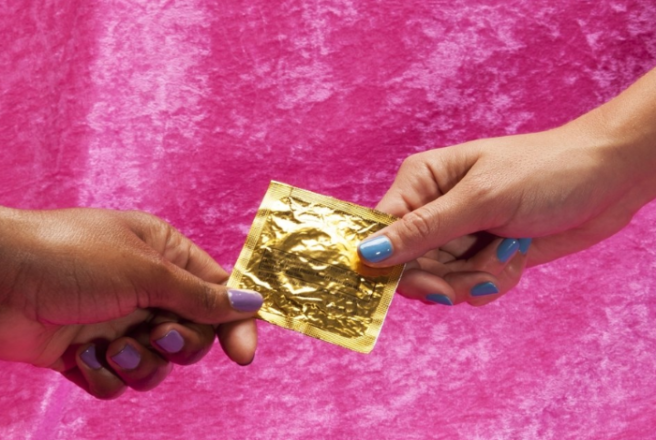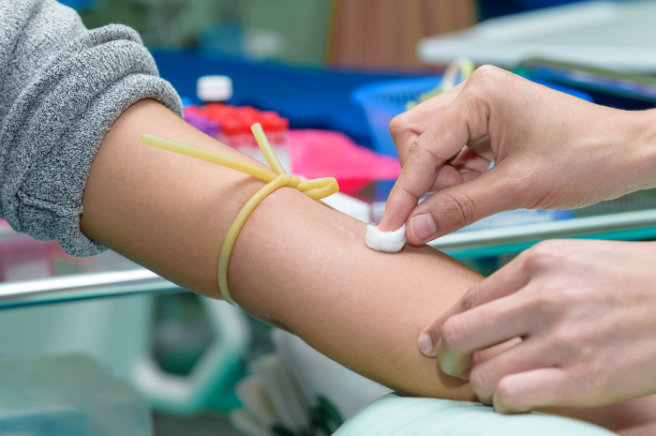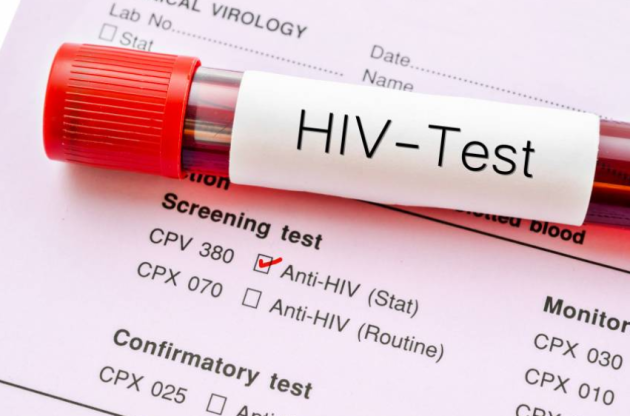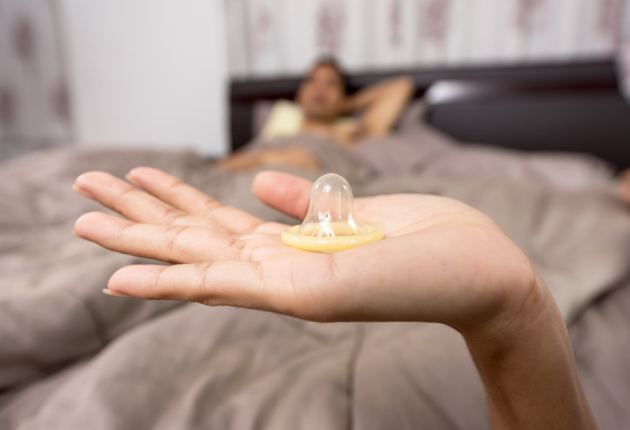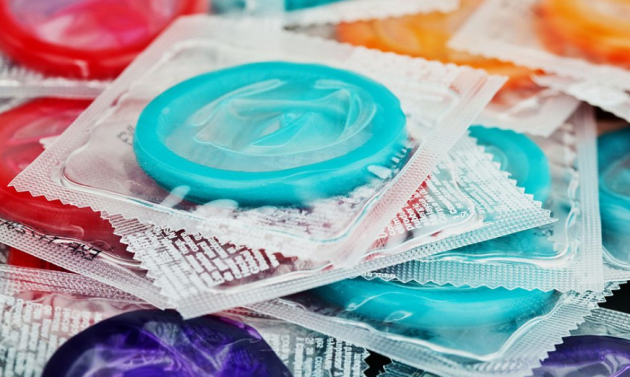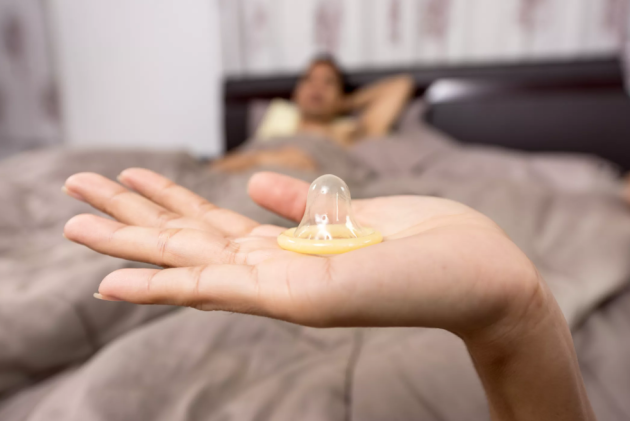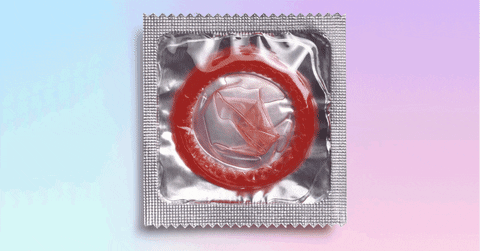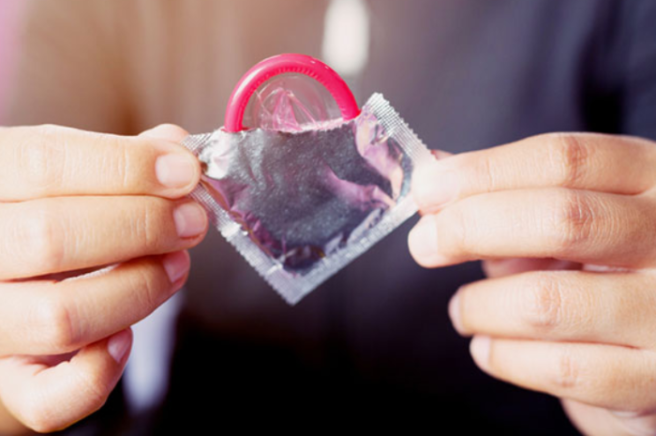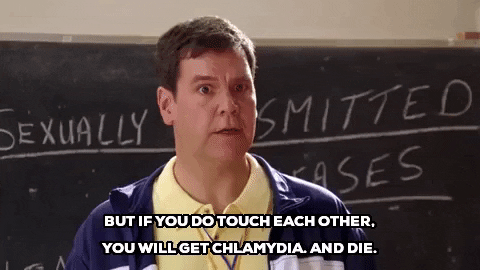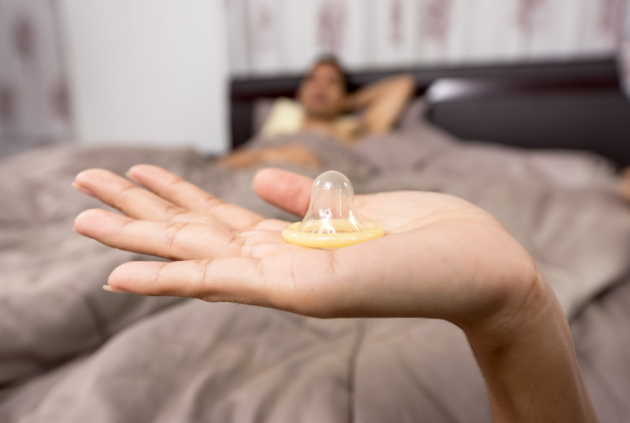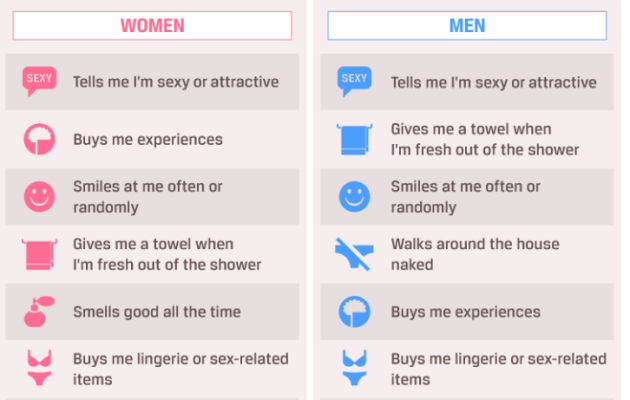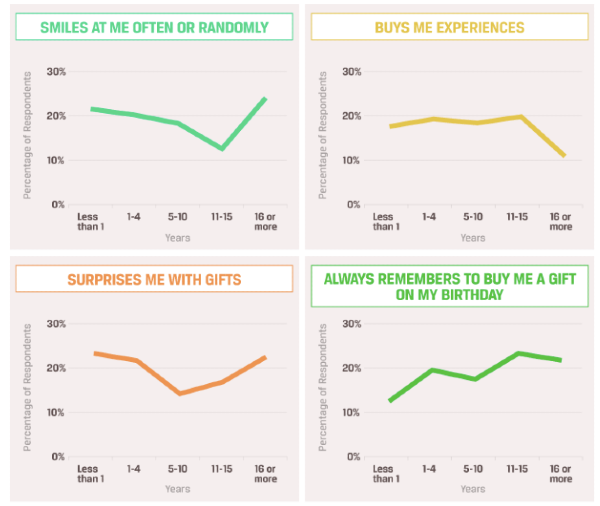What on earth is a 'sex recession' and why are our generation having less sex?
Kate Julian, writing for the American publication The Atlantic, has carried out research regarding the latest sexual habits of our generation, and it's fair to say her findings were pretty damn surprising.
Despite our culture of sexualisation, Grindr, Tinder dating and normalised pornography, apparently we are having less sex than our parent's generation. Eh, that is NOT COOL.
Cases of HIV are at an all-time low, birth control is far easier to acquire and the internet has a ridiculous amount of information (often inaccurate) about sex, so why are we not engaging in sexual activity as much?
Julian claimed that in American high schools:
"Teens are launching their sex lives later. From 1991 to 2017, the Centres for Disease Control and Prevention’s Youth Risk Behaviour Survey finds, the percentage of high-school students who’d had intercourse dropped from 54 to 40 percent."
Jean M. Twenge, a psychology professor at San Diego State University, has argued that our generation are on course to have fewer sexual partners in our lifetime.
Twenge also found that the average adult went from having sex 62 times a year to 54 times, using data from the General Social Survey. Well, this is alarming.
Helen Fisher, co-director of Match.com’s annual Singles in America survey of more than 5,000 'unpartnered' Americans, stated:
"The data is that people are having less sex,” she said, with a hint of mischief, according to Julian. Mischief… not managed?!
Julian argues that in America, “about 60 percent of adults under age 35 now live without a spouse or a partner.”
Japan is one of the most fascinating cultures to study sexually, they are one of the world's biggest porn producers and consumers, yet are having a HUGE demographic crisis.
None of them are having sex. Legit, NONE.
In Japan in 2015, 43 percent of young people (ages 18 to 34) were virgins. 47 percent of married couples said it had been more than a month since they had sex.
I have so many questions. One of them being, why are we waiting until later in life to have sex?

According to studies, porn is a prominent factor in terms of the sexual decline. Or rather, the decline in our generation having sex with each other, having a human experience.
Apparently, porn means that men and women are having sex with themselves instead.
Maureen O’Connor recently described the porn preference popularised in Japan, hentai, and how it transmogrifies body parts. It's unrealistic, fantasy and almost hallucinatory.
The supernatural is eroticised, allowing sex to become a total escape, but yet it's not based in the real world.

Debby Herbenick ascertains that young people today are more likely to engage in sexual behaviours which are prevalent in porn, which might be scaring some people off, seeing as porn nowadays is FULL of hugely violent tendencies towards women.
This would easily put people off sex, to be fair, if someone tries a random sex act which they saw in porn, without the partner's consent or enjoyment.
Julian cites a few reasons such as:
Parental pressure
Julian describes the term "helicopter parents,” as parental anxiety regarding their children’s educational and economic prospects. Peer pressure from parents has resulted in a deterrence from romance.
Parents are telling their kids to focus on building their academic credentials instead of investing in romantic relationships.
They are also giving their kids less private time, and less alone time for potential sexy-times. No sign of Regina George's "cool mom" vibes here then…
.
Issues with Dating Apps
Less people are actually going on dates, social skills have drastically decreased (maybe because of… THE INTERNET numbing our brains..)
Kate Julian discovered that Tinder actually tends to be a colossal waste of time. The average person takes more than 60 swipes to get a single match, and most matches don't even result in a conversation.
Matches are not evenly distributed, Julian claims that the "highly photogenic" people (a nice way of saying the Hot People) are the only ones who get proper use from it. Sound.
Today, the company says it logs 1.6 billion swipes a day, and yet only 26 million matches
Julian also feels that Tinder can lead to troubling consequences, where casual conversations or social cues can now come across as creepy.
To be fair, women (and men) statistically are seeing a lot of assault and danger from dating apps, so she could hold her judgement there about us being cautious.
If it is seen as problematic to ask people out by approaching them randomly, or even online, finding opportunities to have sex realistically is going to be a challenge.

Body consciousness and inhibition
Women especially are worried about their bodies, and there is a new-found nervousness of nakedness, despite it being all over the media and entertainment industry.
Inhibition is a major factor in the sexual decline, as inhibition prevents orgasm. Without orgasm, and with anxiety, people are drastically turned off sex.

Ian Kerner, the New York sex therapist says that women are rebuffing their sexual partners in terms of oral sex because they hate how their vagina looks:
“I know the stereotype is often that men are the ones who don’t want to perform it, but I find the reverse,” he said.
“A lot of women will say when I’m talking to them privately, ‘I just can’t believe that a guy wants to be down there, likes to do that. It’s the ugliest part of my body.’ ”
Self-consciousness is a mood killer, for sure.

Anxiety levels have surged in recent years, our generation has helped to de-stigmatise mental health, but this means there is an increase of people on anti-depressants; notorious libido killers.
Julian suggests that today’s young adults may struggle more with these issues.
Hook-ups Instead of Romantic Relationships
Hook-up culture is on the rise, which means that people are dating less often and are less likely to have steady relationships.
Kate Julian’s summarised Lisa Wade’s book, American Hookup: The New Culture of Sex on Campus, as follows:
“Roughly one-third were…”abstainers” – they opted out of hook-up culture entirely. A little more than a third were “dabblers” – they hooked up sometimes, but ambivalently."
"Less than a quarter were 'enthusiasts,” who delighted in hooking up. The remainder were in long-term relationships.”
It goes to show, you never really know what's going on with other people's sex lives.

Painful sex
The sex which many young people are having is apparently painful, or just plain bad, because there is no valid communication.
People nowadays are also more willing to say no, to only have sex when they are in the mood, and not just to please others.
Julian writes that young adults are carrying out sex acts popularised by porn, such as anal sex and choking (asphyxiation).
She says that studies show “in the absence of high-quality sex education, teen boys look to porn for help understanding sex.” This is bad, trust me.
Many women, it turns out, are simply not enjoying sex in terms of penetration (anal and vaginal).
In 2012, Julian notes, 30 percent of women experienced pain during vaginal intercourse and a whopping 72 percent said that the anal sex they experienced was painful. Yikes.
In hookup culture, women experiencing orgasm is rare. Julian described, just 31 percent of men and an INSANE low of 11 percent of women were experiencing orgasm in hookups. God help us.

It's hard to deny that #MeToo has possibly put a lot of people off sex, especially hookup culture.
We have to learn how to trust people again, and truly understand consent, so our personal sexuality can grow in a safe manner.
Growth of masturbation: Lovin' Yo'self.
Self-love is on the rise, according to Julian.
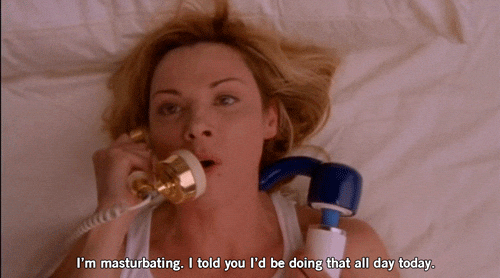
This is possibly due to huge range of pornographic content found online, especially in books and erotic fiction for women.
From 1992 to 2014, masturbation doubled for men and more than tripled for women (26 percent! YAS ladies).
As of 2014, 54 percent of men claim that they masturbate every week at least.
An issue with Kate Julian's arguments is that there is an element of blame for single people.
Her sources appeared to be quite anti-casual sex, anti-porn and anti-masturbation, despite the fact that women need masturbation especially to find out what they like.
Also the benefits of being single are huge. Statistics show that married people are not happier than singles, and that divorce rates remain high. Married people aren't even having more sex than single people.
Author and sociologist Bella dePaulo Ph.D. agreed:
"Maybe instead of spending 15 printed magazine pages explaining the decreasing frequency of sex among young adults, most of whom are single, Julian should have instead focused more of her attention on married people."
Her iconic 2004 work Singled Out: How Singles are Stereotyped, Stigmatized, and Ignored, and Still Live Happily Ever After, follows this idea.

Why are rates of sex decreasing for married people?
Instead of judging people for how they live their sexual lives, maybe we should take the pressure off them and leave them alone, hmm?
Especially since asexuality is now recognised as a sexual orientation, rather than a dysfunction.
We are learning so much in recent eras about sex and human nature, but I think the crucial issue is shame. Remove the shame from the equation, and we can communicate our needs and desires, and express ourselves sexually.
Do what you feel comfortable with, find what you like, and always make sure you feel safe and trust who you are with.












